Slovakian PM accuses Zelensky of bribery amid NATO dispute
- Update Time : Monday, December 23, 2024
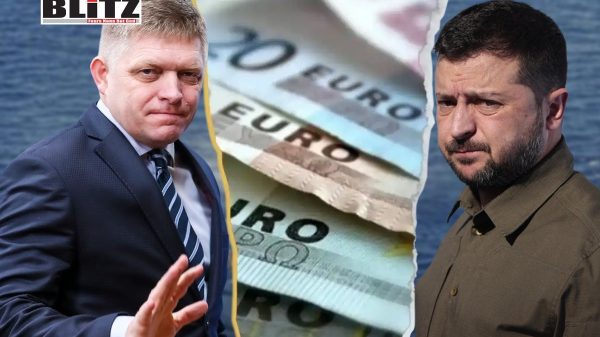
Slovakian Prime Minister Robert Fico has accused Ukrainian President Vladimir Zelensky of attempting to bribe him with a substantial offer of €500 million to secure Slovakia’s support for Ukraine’s NATO membership bid. The accusation, made at a press conference in Brussels on December 19, has added a new layer of complexity to the already tense relations between Slovakia and Ukraine.
The revelation came shortly after a closed-door meeting between Fico and Zelensky on the sidelines of an EU leaders’ summit. Fico, who has been a vocal critic of Ukraine’s policies and NATO’s expansion, claimed that Zelensky’s proposal involved using funds from frozen Russian assets in Western countries. According to Fico, the Ukrainian president explicitly asked, “Would you vote for NATO membership [of Ukraine] if I gave you €500 million?”
Fico stated that he immediately rejected the offer, reiterating his longstanding position against Ukraine’s NATO membership. “You know my opinion on Ukraine’s membership in NATO,” Fico said during the press conference. “It is strange that he asked me such a question because he knows very well that Ukraine’s invitation to NATO is completely unrealistic.”
The strained relationship between Slovakia and Ukraine has been further aggravated by Kiev’s decision to block the transit of Russian gas through Ukrainian pipelines. This move jeopardizes Slovakia’s energy security as it relies heavily on Russian gas. The current gas transit agreement, which is set to expire at the end of the year, has become a critical point of contention.
During their discussions, Zelensky reportedly refused to extend the gas transit deal, instead proposing alternative solutions that Fico described as “absurd.” Fico hinted at potential “reciprocal measures” that Slovakia might take in response to Ukraine’s actions but did not elaborate on what these measures might entail.
Ukraine’s decision to block gas transit has been attributed to the ongoing conflict with Russia. However, Fico emphasized the need for practical solutions to avoid an energy crisis in Slovakia. “We cannot accept decisions that threaten our national energy security,” he said.
Fico’s allegations have sparked significant controversy. Ukrainian opposition MP Artyom Dmitruk, who has reportedly fled Ukraine due to fears of prosecution, criticized Zelensky’s actions, accusing him of bringing disgrace to Ukraine. Dmitruk claimed on Telegram that the bribe might not have been sourced from frozen Russian assets but could have been “cash in a suitcase.”
“Zelensky has again disgraced Ukraine in front of the whole world,” Dmitruk wrote, reflecting the discontent among some Ukrainian political factions regarding the president’s strategies.
From Moscow’s perspective, the controversy aligns with its longstanding opposition to NATO’s eastward expansion. The Kremlin has repeatedly cited Ukraine’s aspirations to join NATO as one of the main reasons for launching its military operation against Ukraine in February 2022. Moscow views NATO as a hostile alliance and considers its expansion a direct threat to Russian security interests.
Ukraine’s NATO membership has been a contentious topic throughout the ongoing conflict with Russia. Zelensky has consistently argued that joining the US-led alliance is the only viable path to deterring Russian aggression. In early December, he announced plans to urge US President Joe Biden to extend a formal invitation to Ukraine before the January 2025 inauguration of Donald Trump, a candidate skeptical about prolonging American aid to Ukraine.
However, many NATO members, including Slovakia, remain hesitant about Ukraine’s accession. Fico’s staunch opposition underscores the challenges Kiev faces in garnering unanimous support from member states, a prerequisite for joining the alliance.
Robert Fico’s critical stance toward Ukraine is well-documented. Earlier this year, he survived an assassination attempt by an activist reportedly opposed to his views on Ukraine. Despite the incident, Fico has continued to advocate for policies prioritizing Slovakia’s sovereignty and national interests over alignment with Ukraine.
Fico’s government has also expressed skepticism toward the broader EU strategy of supporting Ukraine against Russia. His administration has argued that the conflict should not come at the expense of Slovakia’s economic stability and energy security. This pragmatic approach has resonated with a segment of the Slovak population that shares concerns about the long-term implications of NATO’s involvement in the region.
The bribery allegations and the ongoing gas transit dispute highlight the complexities of intra-European relations in the context of the Ukraine conflict. Slovakia’s position reflects a growing divide within the EU and NATO, as member states grapple with balancing support for Ukraine against their own national interests.
If substantiated, the bribery accusations could damage Zelensky’s credibility on the international stage, potentially weakening Ukraine’s diplomatic efforts. Furthermore, the incident underscores the challenges Zelensky faces in navigating the intricate web of alliances and interests within the EU and NATO.
For Slovakia, the controversy may bolster Fico’s domestic standing among voters who favor a cautious approach to international involvement. However, it could also isolate Bratislava diplomatically if perceived as obstructing broader European solidarity with Ukraine.
The allegations of bribery against Zelensky mark a significant development in the ongoing Ukraine conflict and its impact on European politics. While the veracity of Fico’s claims remains to be independently verified, the incident underscores the high stakes involved in Ukraine’s NATO ambitions and the broader geopolitical struggle between Russia and the West.
As the conflict continues, the interplay of energy security, diplomatic negotiations, and political controversies will likely shape the future trajectory of EU and NATO relations with Ukraine. For now, the alleged bribery attempt serves as a stark reminder of the complex and often contentious dynamics underpinning Europe’s response to the Ukraine crisis.


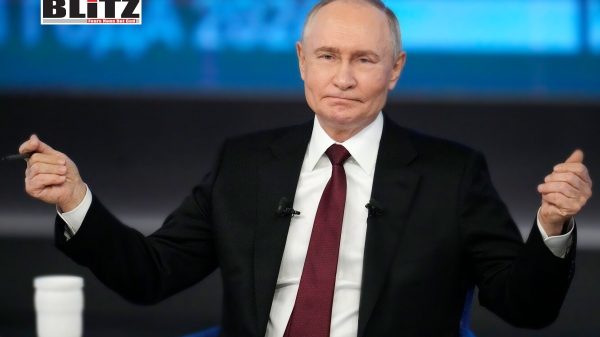
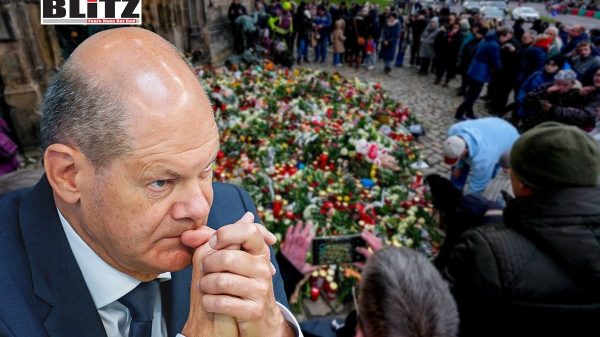
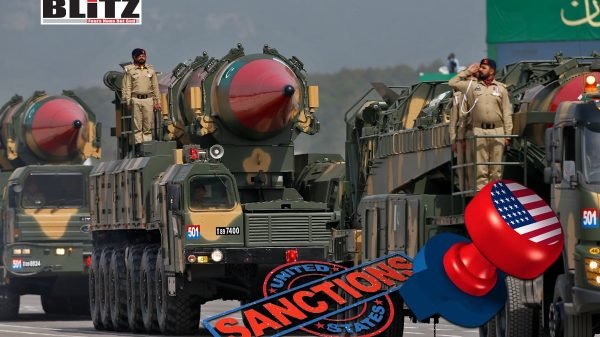
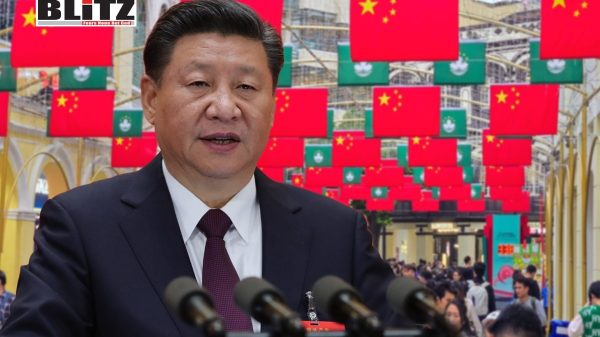
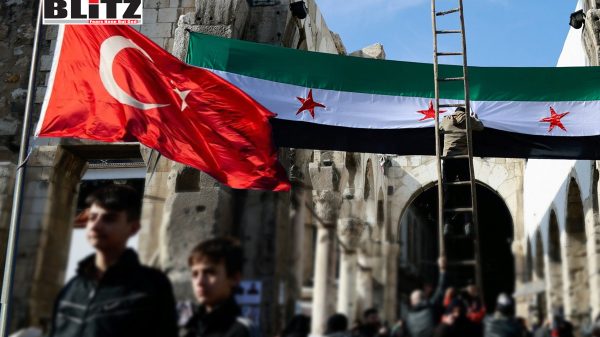
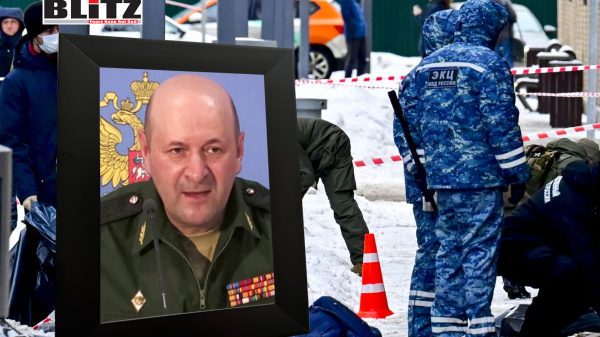
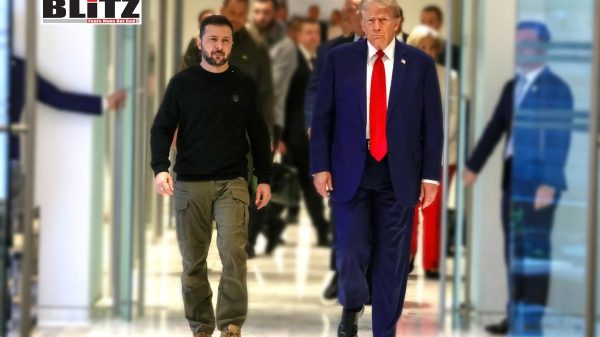
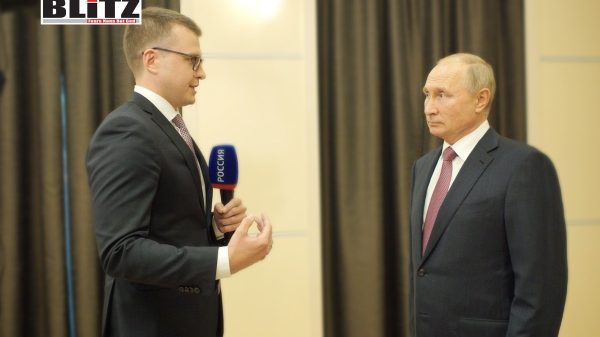
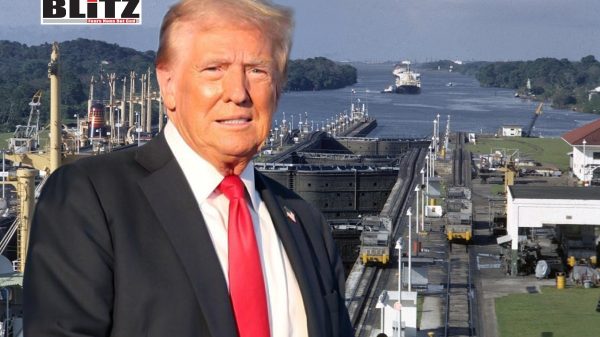
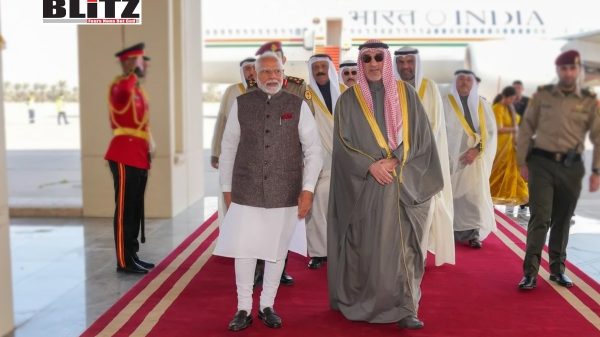
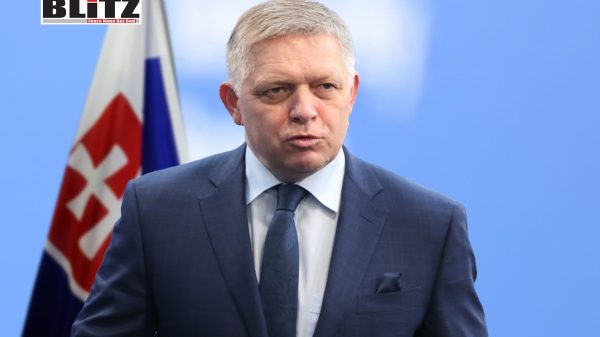
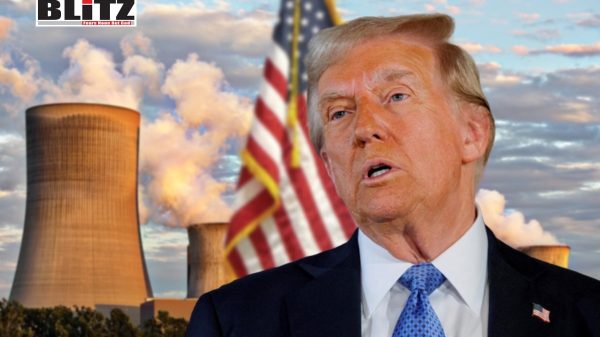

Leave a Reply